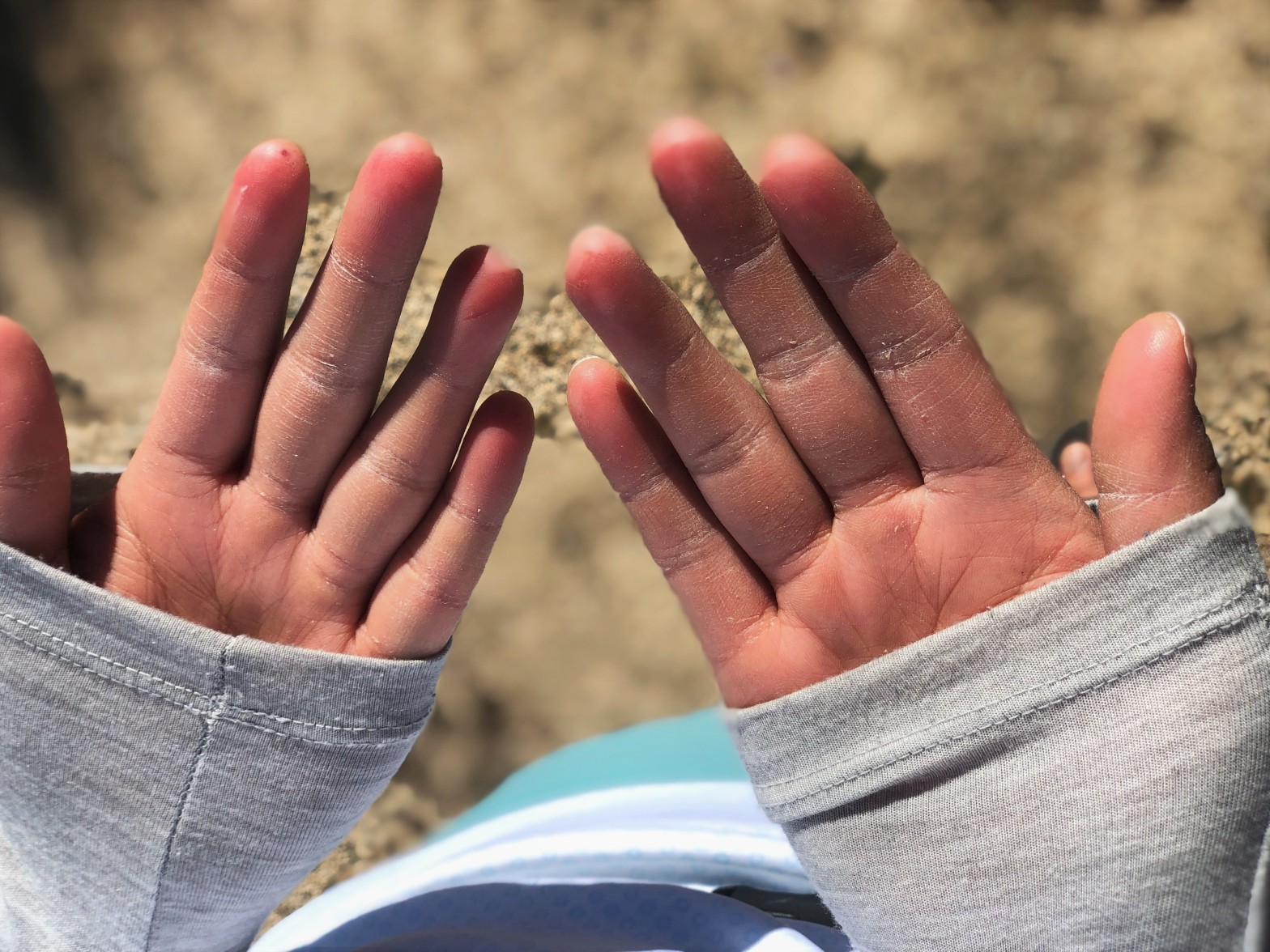This is a continuation from The Recovery (Part 1): Pain. Read that before continuing on.
One year – at least.
That was my recovery time according to my surgeon. I asked him if I would be able to do the activities I used to do and he said yes, but likely not by this summer. Then he goes on to say that I may develop arthritis and other long-term effects and on and on. I kind of tuned him out after that because all I could think about was my summer plans – gone just like that.
I felt devastated. I was still struggling in dealing with the PNW winter but was somewhat getting through it by skiing (terribly) here and there and planning my summer activities. I was so looking forward to another season of adventures and had all these outdoor goals in mind. I told myself that summer was just around the corner and I’ll be able to see the sun and have fun soon. Well, with that gone, what was I going to do with myself? I could barely sit still when I had two functioning legs, and now I had one. I felt robbed again, first from the pandemic and now, the accident. There were many days I laid in bed, deep in my thoughts, feeling hopeless and defeated.

A friend that I haven’t spoken to in years called to check in on me. I confided in her that I felt lost, broken, had FOMO, and realized I tied my identity so heavily with my activities. Who am I without that? Who am I without the outdoors? I wasn’t sure what to do with myself and continued down this cyclical mindset. My friend immediately stopped me after and was like “Vivian! We’re human and multi-dimensional! We are not defined by only one thing and we shouldn’t be.” I remembered listening to an episode of For the Love of Climbing podcast where someone said that when our identity is tied so closely with one thing, that should make you stop and think a bit. It’s not necessarily a bad thing, but should we be confined to a box? As the host, Kathy Karlo put it, should any pursuit of an activity define who we are? What happens when we make space for other things in life? How do we redefine ourselves after big life events?
I didn’t have an answer then. I felt like I lost a sense of who I was and didn’t know what to do with myself and with this time. I was clearly grieving without knowing it. Grieving the loss of time, plans, opportunities, activites, a sense of self, life, just everything and anything.

In my darkest moments, I always turn to my journal. I wrote consistently and sometimes for hours that I fell asleep writing. It became my safe place where I could let it all out without feeling judged. Sometimes I felt better after, while other times, it further fueled whatever I was feeling. This journal was a reflection of my heart and mind and I held it closely through those tough times. I had my moments of feeling numb and lifeless, but writing my thoughts out allowed me to sit with my feelings, sometimes even forced me to. I was slowly healing without even realizing it. But isn’t that kind of the best way though?
Eventually, I would take my thoughts from my journal and talk to my therapist about them. Little did I know, that would open a flood gate of emotions that I thought I was over with. Classic therapy.
Your friend,
Vivian
📷 Cover photo by Kevin Kumataka

3 thoughts on “The Recovery (Part 2): Loss”